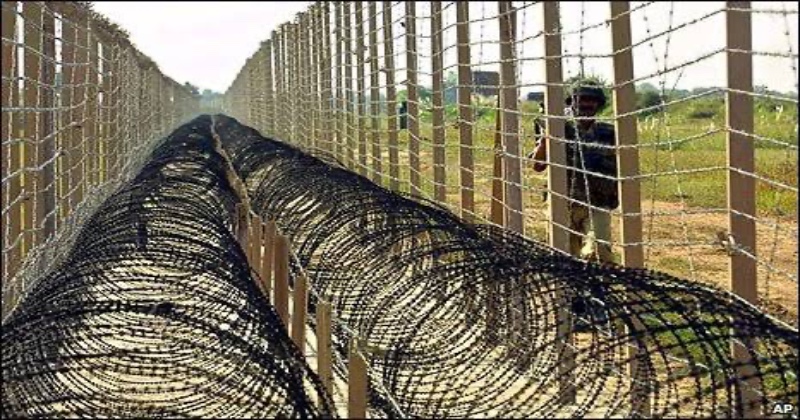
India is gearing up to deploy Radiation Detection Equipment (RDE) at eight land border crossing points. These installations will be strategically positioned along the borders with Pakistan, Bangladesh, Myanmar, and Nepal to counteract the trafficking of radioactive materials that could potentially be used in the creation of nuclear devices. The selected Integrated Check Posts (ICPs) and land ports for RDE implementation include Attari (Pakistan border), Petrapole, Agartala, Dawki, and Sutarkandi (Bangladesh border), Raxaul and Jogbani (Nepal), and Moreh (Myanmar).
The central government has initiated this effort to enhance security by preventing the illicit movement of radioactive substances across international borders. Of particular concern is the potential misuse of such materials for the development of nuclear devices or radiological dispersal devices. The installation of RDE at these eight ICPs, known for significant cross-border movements of people and goods, aims to mitigate these security risks.
The RDE will be stationed at drive-through monitoring stations to scrutinize trucks and their cargo. These detectors are equipped to trigger separate gamma and neutron radiation alarms and capture video frames of suspicious objects. Furthermore, they possess the capability to differentiate between special nuclear material and naturally occurring radiation, including in common substances like fertilizers or ceramics, as well as high-energy gamma isotopes often associated with recycled uranium. The Indian government is believed to have sought technical assistance from foreign agencies, including those from the United States, for the installation of this equipment.

Post Your Comments